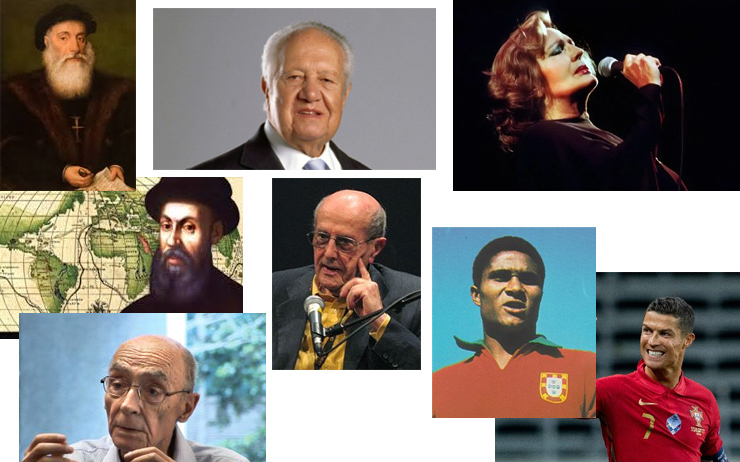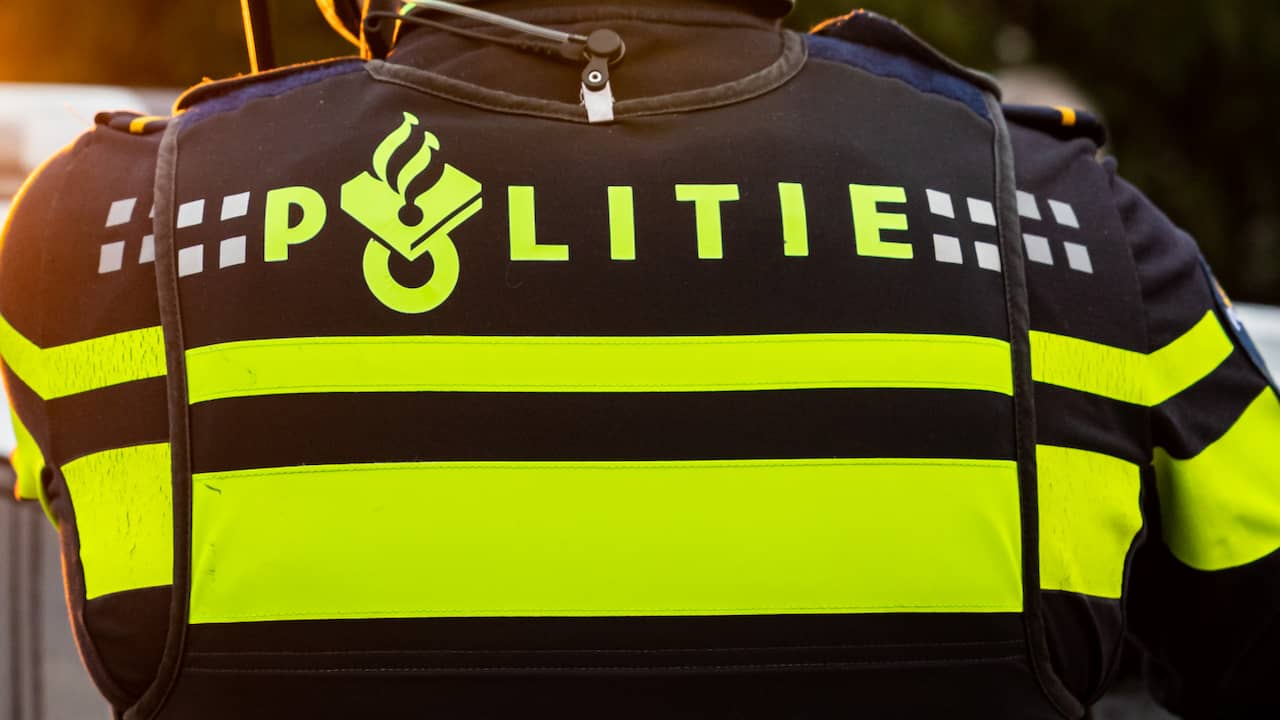Each country shines through its icons. Indeed, artists, writers, politicians, sportsmen known worldwide often proudly represent their country and their roots.
16th century Portuguese explorers
Vasco de Gama and Fernand de Magellan are two Portuguese navigators and explorers who evolved at the same time. Their work and discoveries had a tremendous impact on the world and the functioning of society at that time.
Born in 1469 and died in 1524, Vasco de Gama is the first to have opened the road to India bypassing Africa. Providing important services to King John II, he stood out by seizing French ships which attacked convoys laden with gold returning from Africa. He is one of the greatest navigators of his time. He left for India a second time in 1502, leading a fleet of 23 boats. It sowed terror when necessary and imposed itself on the oceans.

Fernand of Magellan born in 1480 and died in April 1521 is also an explorer of the time of the Great Discoveries. He is known to be the first to have practiced “circumnavigation” in history in 1519, to have traveled around the globe in this case. In the 15th century, contrary to certain received ideas, the fact that the earth is round was already known since Antiquity.
These artists who marked time
 Amalia Rodrigues, an international icon of Portuguese fado who lived from 1920 to 1999, whose centenary was celebrated last year, is one of the most influential figures of the 20th century in the musical world. She popularized fado all over the world. This “queen of fado” with 170 records was also a great cultural ambassador for Portugal. Its heritage remains modern and timeless today. She has received very prestigious awards around the world. In 1967, for example, she received the MIDEM prize in France, which was awarded to the singer who had made the most record sales in his country.
Amalia Rodrigues, an international icon of Portuguese fado who lived from 1920 to 1999, whose centenary was celebrated last year, is one of the most influential figures of the 20th century in the musical world. She popularized fado all over the world. This “queen of fado” with 170 records was also a great cultural ambassador for Portugal. Its heritage remains modern and timeless today. She has received very prestigious awards around the world. In 1967, for example, she received the MIDEM prize in France, which was awarded to the singer who had made the most record sales in his country.
Manoel de Oliveira, born in December 1908 in Porto, is a Portuguese filmmaker and director who has  shot films until the end of his life. Died in April 2015 at the age of 107, he was the first active centenary director in the history of cinema. It was with his first feature film, Aniki Bóbó (1942), with which he launched Italian neo-realism, that he succeeded in making himself known. In this film, he tells the daily life of some children from the working-class neighborhoods of Porto.
shot films until the end of his life. Died in April 2015 at the age of 107, he was the first active centenary director in the history of cinema. It was with his first feature film, Aniki Bóbó (1942), with which he launched Italian neo-realism, that he succeeded in making himself known. In this film, he tells the daily life of some children from the working-class neighborhoods of Porto.
According to Raphaël Bassan, his works are a kind of interface between fiction and documentary to denounce certain social and cultural situations in society. Following his film La Chasse in 1963, the Portuguese government prevented him from making new films until 1971 because of the denouncing nature of his works.
In 2008, at the Cannes Film Festival, he received his first Palme d’Or for all of his work. Finally, in December 2014, at the age of 106, he received the insignia of Grand Officer of the Legion of Honor in Porto.
These men who gave themselves for their nation
 Mario Soares, born in December 1924 in Lisbon and died in January 2017, is a Portuguese statesman known to have been a socialist figure in the fight against the dictatorship of Salazar. Twice Prime Minister and twice President of Portugal from 1986 to 1996, he is considered the father of Portuguese democracy, which he had helped to found after the “Carnation Revolution” of April 25, 1974. On his death, in January 2017, three days of national mourning were declared, and the current president Marcelo Rebelo de Sousa praised the journey of this “fighter for freedom”.
Mario Soares, born in December 1924 in Lisbon and died in January 2017, is a Portuguese statesman known to have been a socialist figure in the fight against the dictatorship of Salazar. Twice Prime Minister and twice President of Portugal from 1986 to 1996, he is considered the father of Portuguese democracy, which he had helped to found after the “Carnation Revolution” of April 25, 1974. On his death, in January 2017, three days of national mourning were declared, and the current president Marcelo Rebelo de Sousa praised the journey of this “fighter for freedom”.
The great writer and journalist Jose Saramago, born in November 1922, is to this day the sole author  Portuguese speaker who received the Nobel Prize for Literature in 1998. His book L’Aveuglement is on the list of the 100 best books of all time established in 2002 by the Norwegian Book Circle.
Portuguese speaker who received the Nobel Prize for Literature in 1998. His book L’Aveuglement is on the list of the 100 best books of all time established in 2002 by the Norwegian Book Circle.
Nobel Prize in “physiology or medicine” in 1949, Egas Moniz, known for his work on cerebral angiography and leukotomy (now banned in many countries due to some dramatic results) marked the history of Portugal on an international scale.
These essential athletes
Football is an important sport in Portugal, the city of Lisbon has four clubs by itself, which shows the place occupied by this sport in society.
 The attacker Eusébio born in 1942 and died in 2014 who has spent most of his career with SL Benfica is considered one of the best players in history. He is the first Portuguese to have won the Golden Ball in 1965.
The attacker Eusébio born in 1942 and died in 2014 who has spent most of his career with SL Benfica is considered one of the best players in history. He is the first Portuguese to have won the Golden Ball in 1965.
Among the living players, Cristiano Ronaldo unquestionably represents Portugal more than ever. Considered to be one of the most influential people in the world, he is the most followed personality on the networks  social with 242 million followers on Instagram (November 2020). He is one of the greatest footballers of all time, with 5 Golden Balls (just behind Lionel Messi who has 6), he is the top scorer in history in major European leagues (400 goals), the best passer in history and the record holder for penalties scored in the history of the UEFA Champions League. Cristiano Ronaldo has not finished marking the minds of football fans around the world.
social with 242 million followers on Instagram (November 2020). He is one of the greatest footballers of all time, with 5 Golden Balls (just behind Lionel Messi who has 6), he is the top scorer in history in major European leagues (400 goals), the best passer in history and the record holder for penalties scored in the history of the UEFA Champions League. Cristiano Ronaldo has not finished marking the minds of football fans around the world.
–


